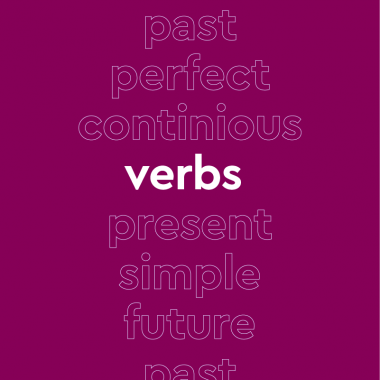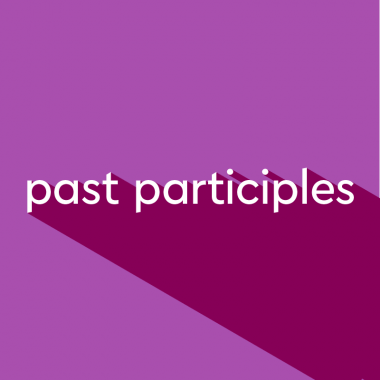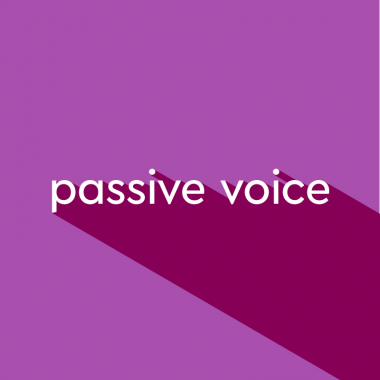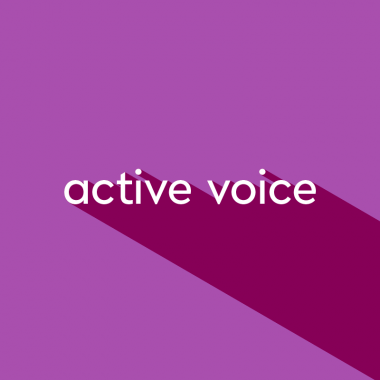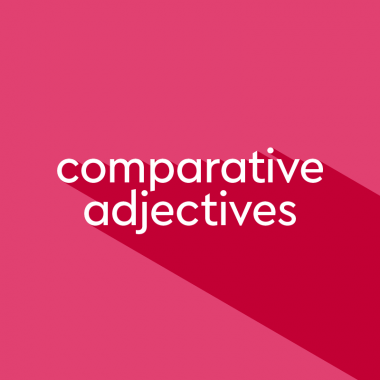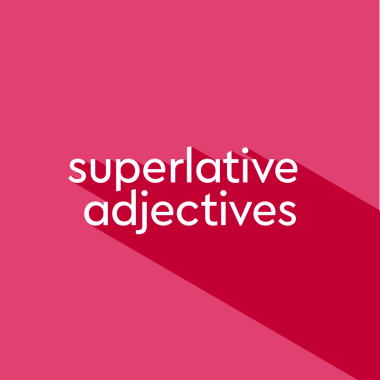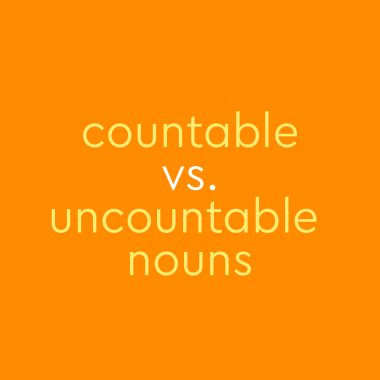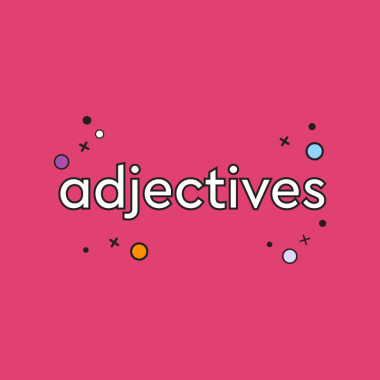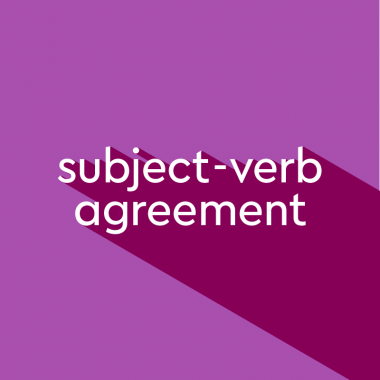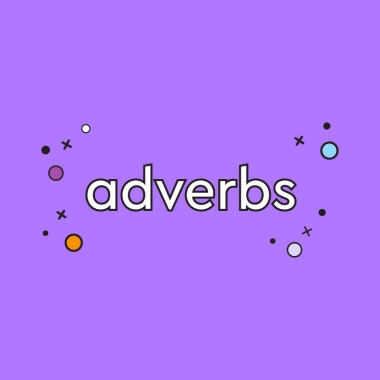12 Types Of Verb Tenses And How To Use Them
If you’re familiar with basic English grammar, we bet you can describe a verb and perhaps name a tense or two. In the sentences the boy walks and the girl ran, the words walks and ran are the verbs. Did you also recognize that walks is in the present tense, or that ran is in the past tense? Whether you did or didn’t, we’re here to review verb tenses with you and …
